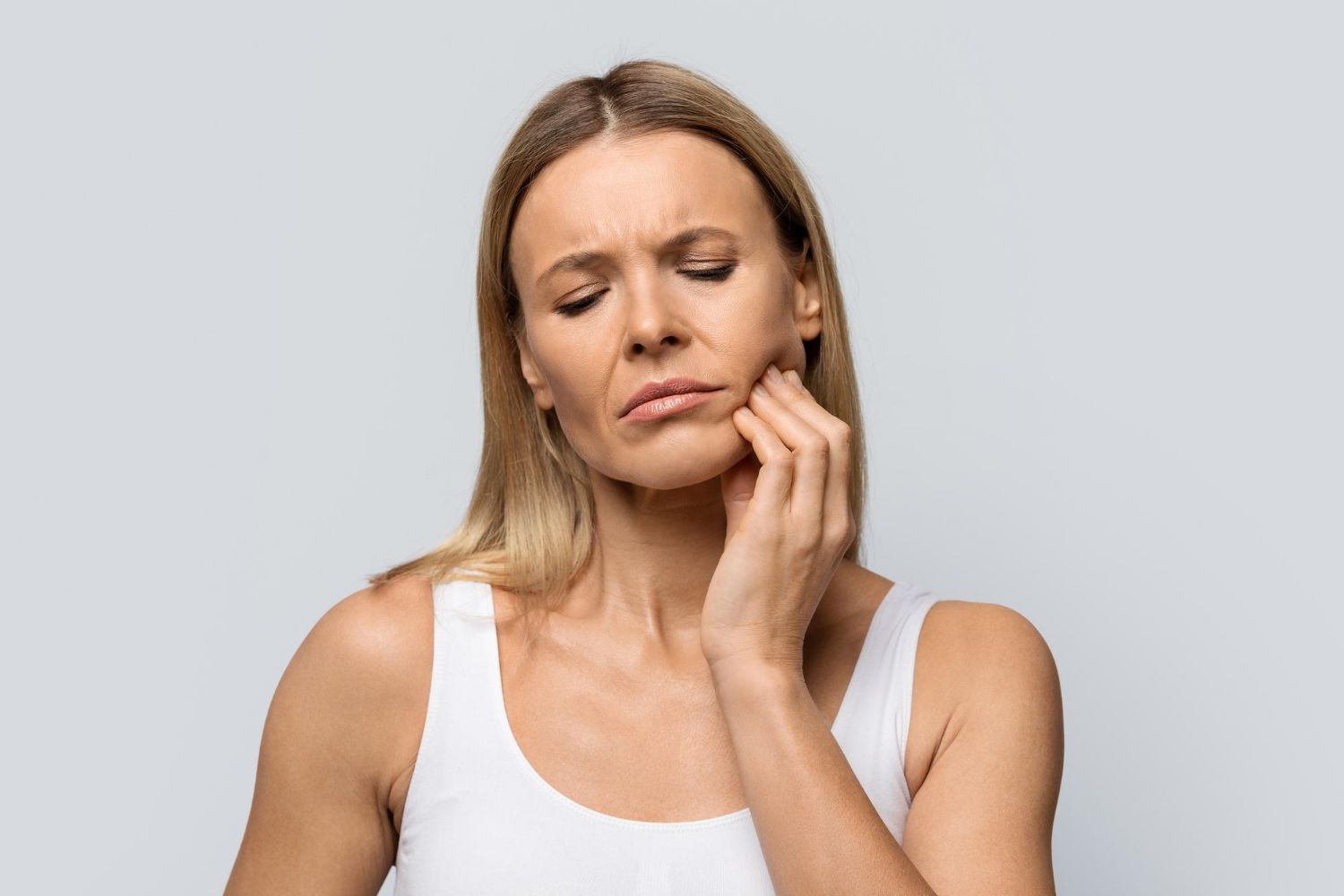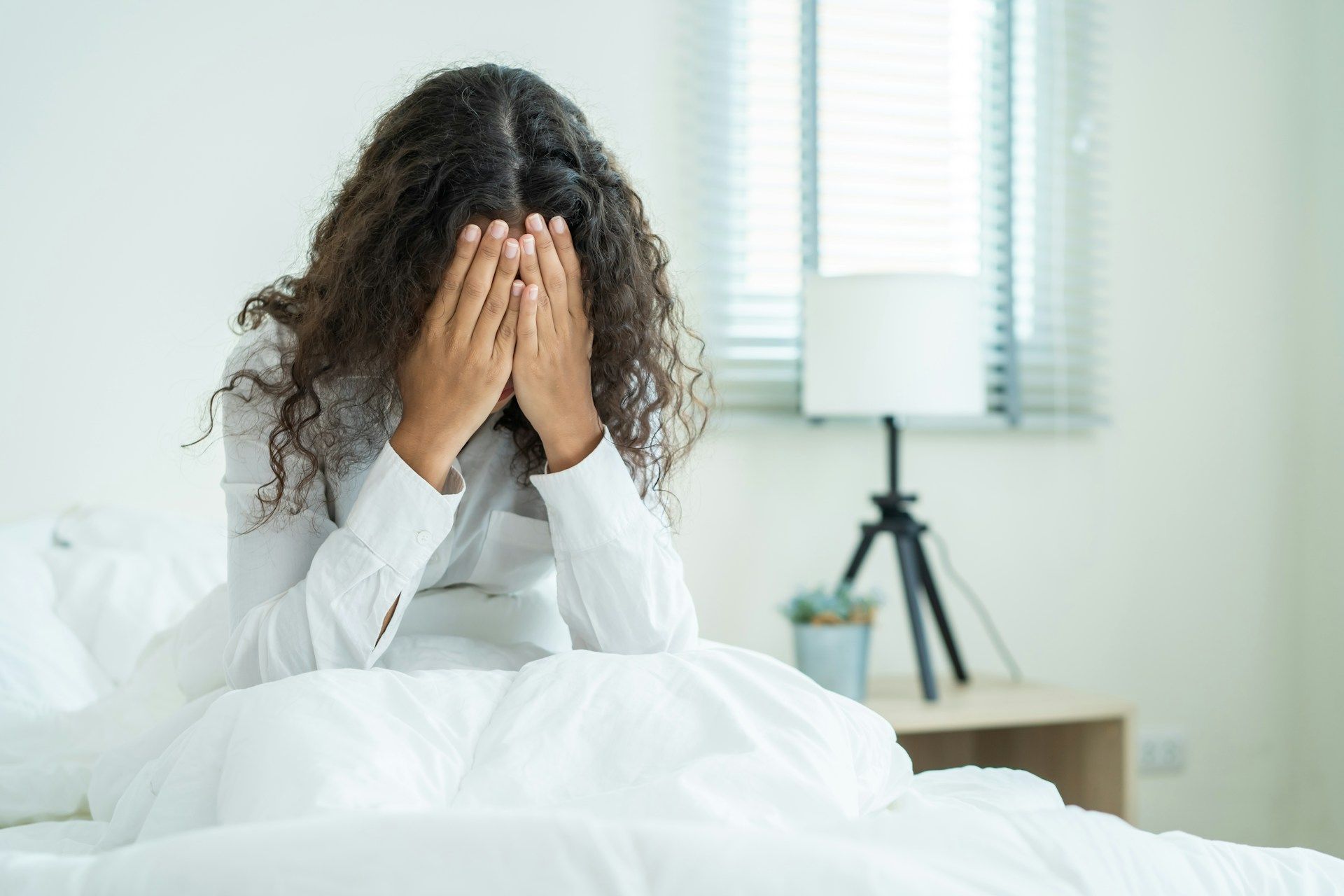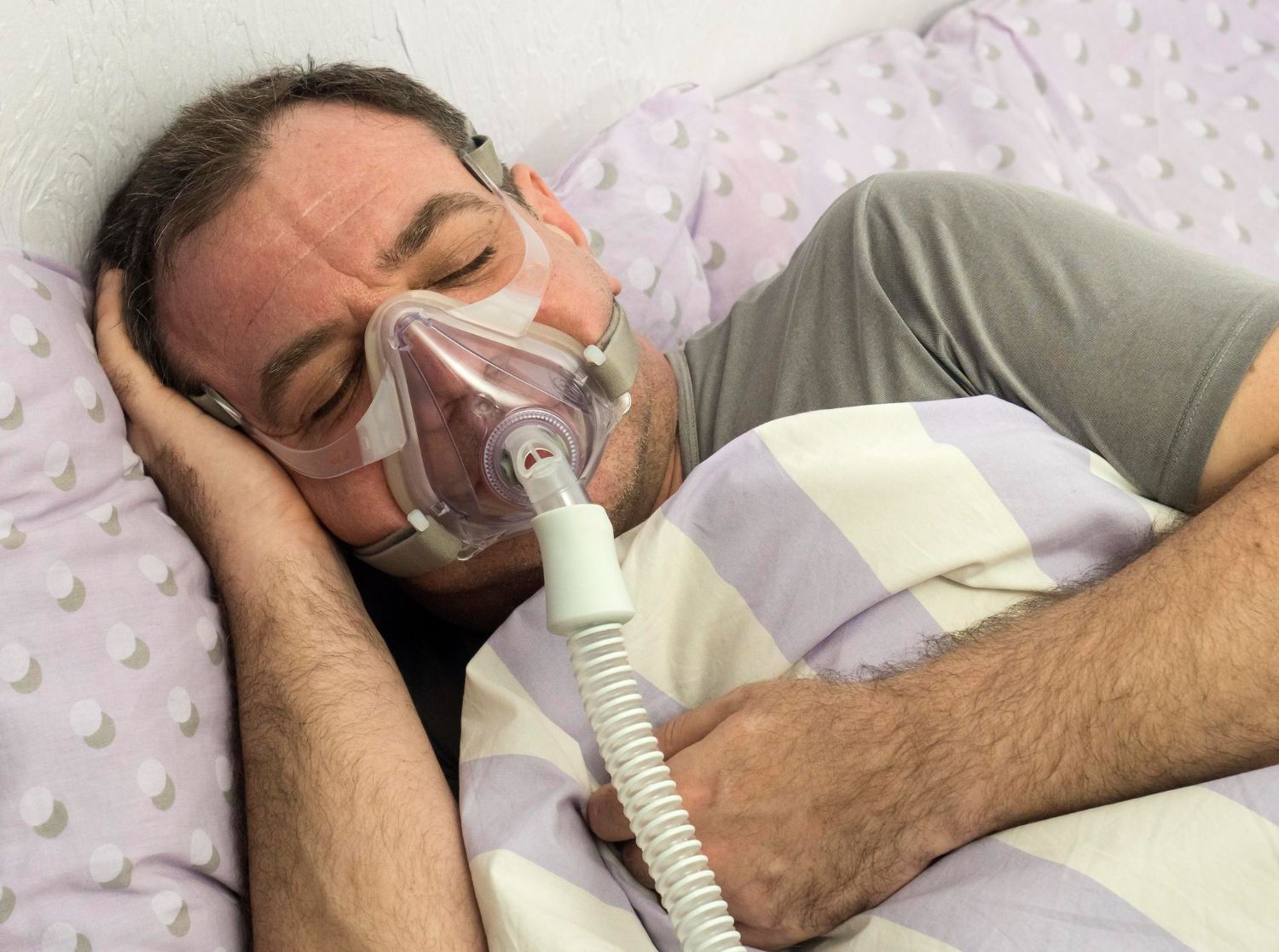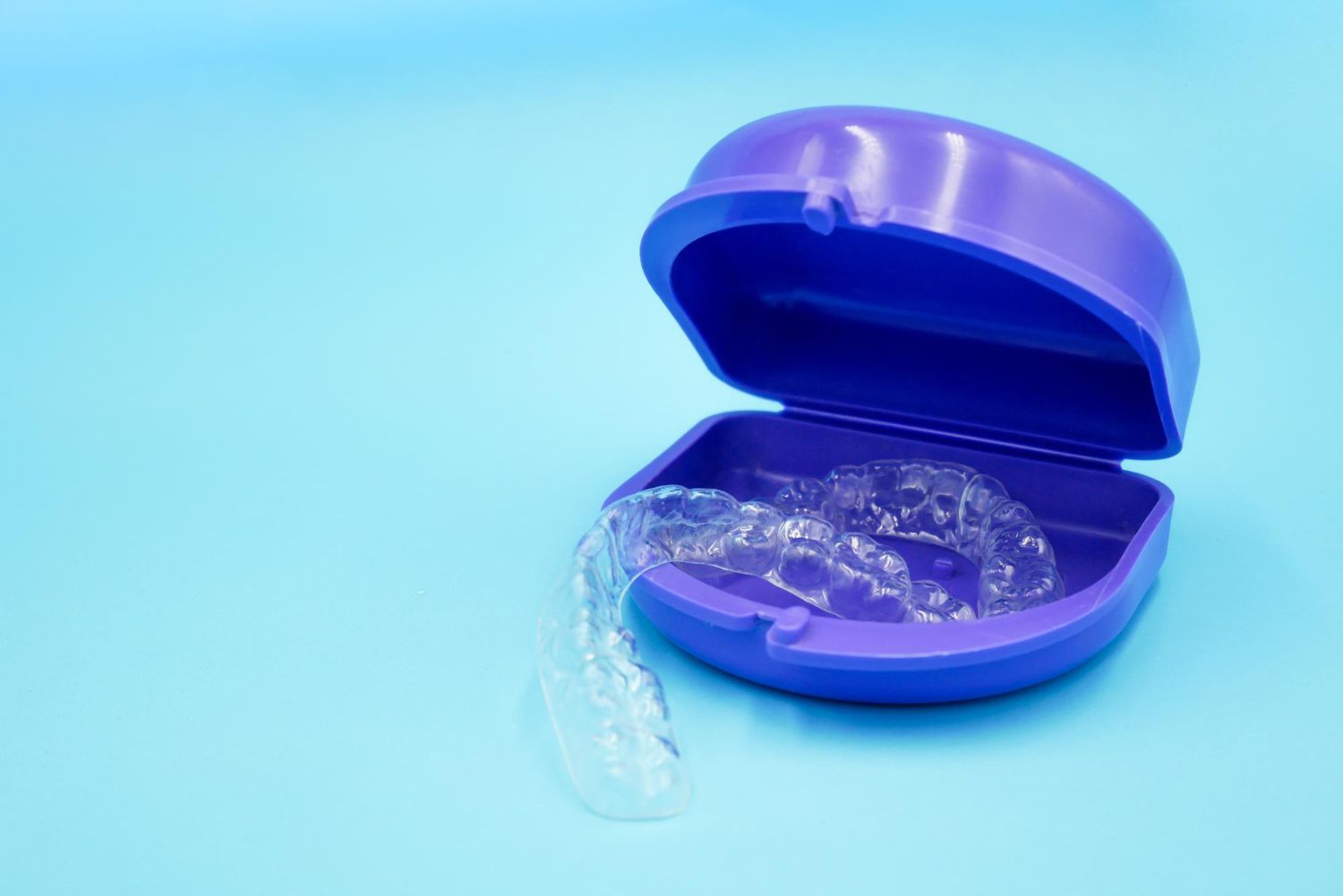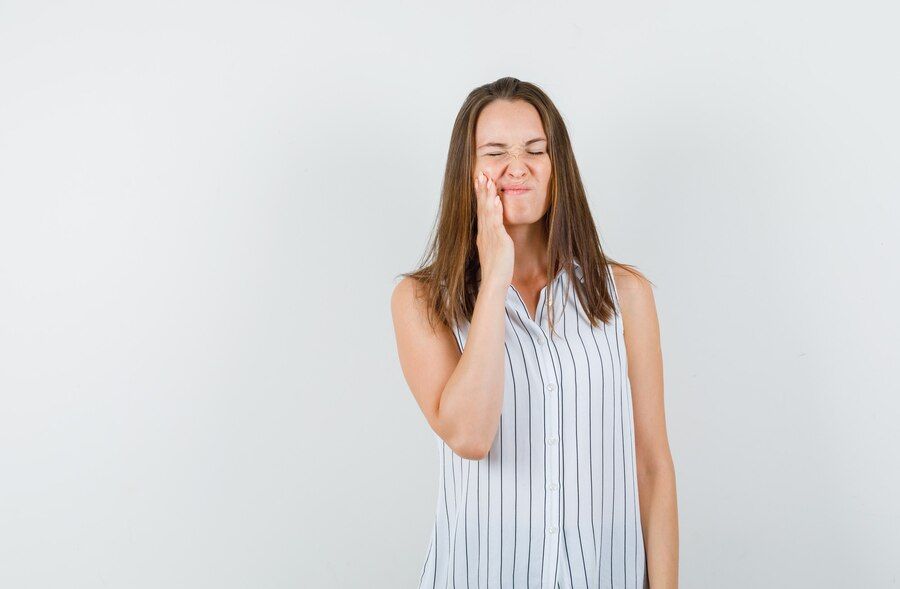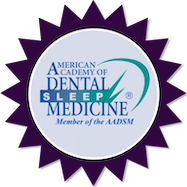Sleep Apnea and Snoring: Understanding the Differences and the Importance of Seeking Treatment
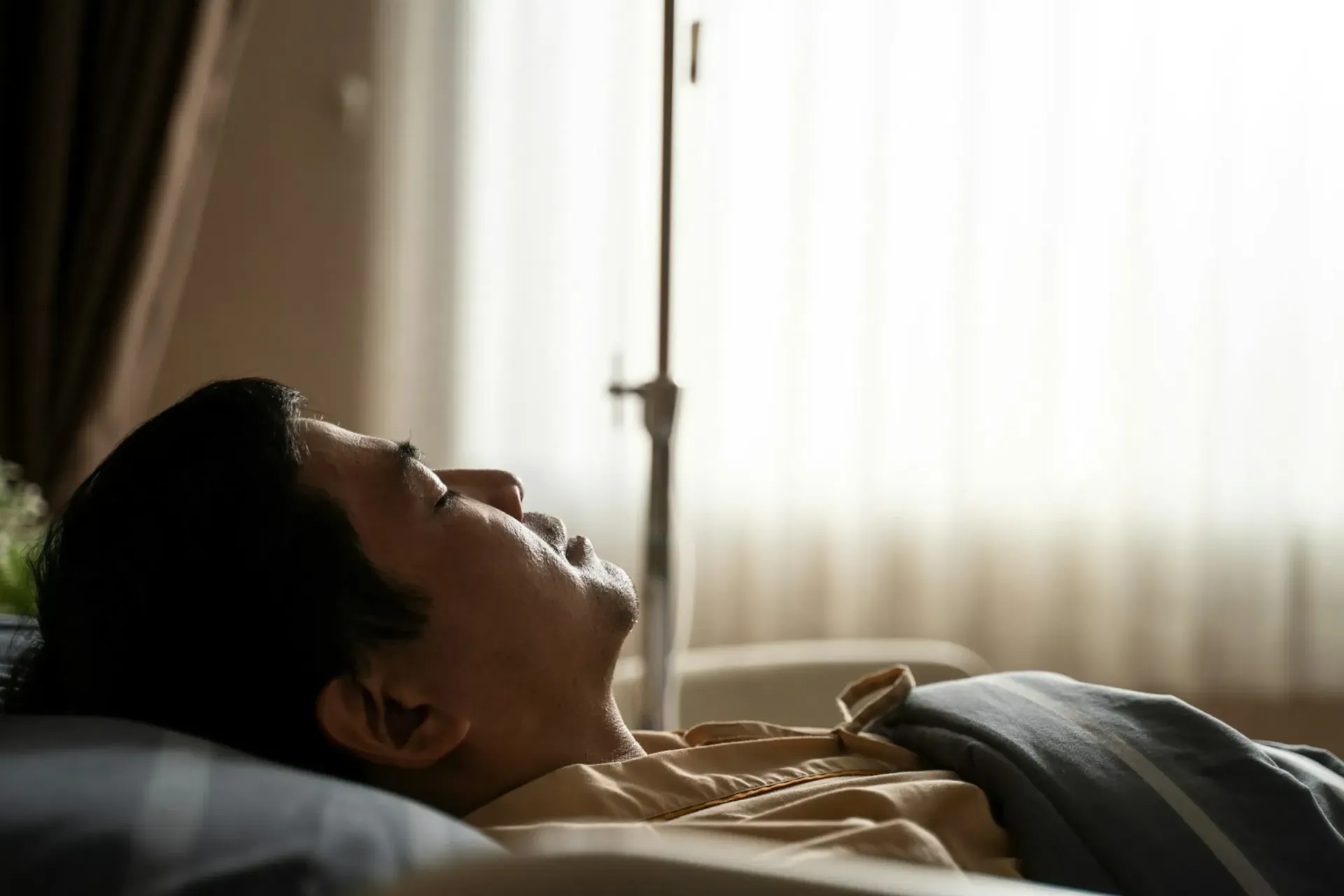
Both snoring and sleep apnea are common sleep-related concerns, but their severity, implications on health, and treatment requirements can vary significantly. If you've experienced loud snoring or interrupted breathing during sleep, it's essential to understand whether these occurrences indicate a mild annoyance or a more serious underlying condition, such as sleep apnea, that requires professional intervention. With Dr. Fuller and our dental sleep apnea clinic team by your side, you'll receive the information, support, and treatment necessary to address your concerns and restore restful, rejuvenating sleep.
Snoring, the noisy breathing sound produced during sleep, results from the partial blockage of air passage in the throat area. On the other hand, sleep apnea is a more severe sleep disorder characterized by complete or near-complete blockage of the airway, leading to temporary cessation of breathing. Not everyone who snores has sleep apnea, but it is crucial to recognize the signs and symptoms that differentiate the two conditions, as untreated sleep apnea can have severe consequences on your overall health and quality of life.
In this article, we'll delve into the vital differences between snoring and sleep apnea and discuss why it's essential to seek a professional evaluation if you suspect sleep apnea. We'll also explore the treatment and management options available at our dental sleep apnea clinic in Greensboro, NC, led by Dr. Fuller. With our guidance, you’ll gain a better understanding of your sleep concerns and take essential steps toward better sleep and overall health.
The Key Differences Between Snoring and Sleep Apnea
Understanding the distinctions between these two sleep-related issues is critical for taking appropriate action and seeking the necessary treatment. Some primary differences between sleep apnea and snoring include:
- Nature and severity: Snoring is typically a less serious condition, often resulting from the vibration of soft tissues within the airway during sleep. Conversely, sleep apnea is a sleep disorder characterized by repeated episodes of breathing cessation during sleep caused by a complete or near-complete obstruction of the airway.
- Associated symptoms: Snoring may not be accompanied by any other notable symptoms besides the noise itself. In contrast, sleep apnea often presents with additional symptoms such as daytime sleepiness, frequent interruptions in breathing during sleep, choking or gasping for air, morning headaches, and difficulty concentrating.
- Health implications: While snoring may primarily cause annoyance, sleep apnea can have severe health consequences if left untreated, including increased risk of high blood pressure, cardiovascular diseases, and stroke.
Recognizing the Signs: When to Seek Professional Help
If you or your sleeping partner suspect sleep apnea rather than simple snoring, it's crucial to consult with a professional like Dr. Fuller for an accurate assessment and appropriate treatment. Some warning signs that may indicate the need for professional evaluation include:
- Observations from your sleeping partner, such as loud, chronic snoring accompanied by periods of silence followed by choking or gasping sounds
- Experiencing excessive daytime sleepiness or fatigue, despite getting the recommended amount of sleep
- Waking up with a dry mouth, sore throat, or headache, which can be indicative of interrupted breathing during the night
- Memory or concentration difficulties, irritability, or mood disturbances during the day, all of which may stem from disrupted sleep
Diagnosing Sleep Apnea: The Crucial First Step
An accurate diagnosis is essential for determining the appropriate course of action to address your sleep concerns. To diagnose sleep apnea, Dr. Fuller may recommend a sleep study, which involves monitoring your sleep patterns and physiological activities during the night. The analysis of these test results allows for a definitive diagnosis of sleep apnea or other sleep disorders and helps select the most appropriate treatment plan.
Treatment Options for Sleep Apnea and Snoring
Snoring and sleep apnea require different intervention approaches, depending on the severity of the condition and its impact on your health. Here are some treatment options for both issues:
- Lifestyle changes: For mild cases of snoring, lifestyle adjustments such as weight loss, sleep hygiene improvements, and avoiding alcohol or sedatives near bedtime can be effective.
- Sleep positioning: Changing your sleep position to sleep on your side can sometimes alleviate snoring and mild sleep apnea symptoms.
- Oral appliance therapy: For moderate to severe sleep apnea, Dr. Fuller may recommend oral appliance therapy, which involves using a custom-fitted dental device worn during sleep to maintain an open airway.
- Continuous Positive Airway Pressure (CPAP) therapy: In some cases of severe sleep apnea, Dr. Fuller may recommend the use of a CPAP machine, which delivers a steady stream of air through a facial mask to keep the airway open during sleep.
- Surgical interventions: In situations where nonsurgical treatments are ineffective or unsuitable, surgical options may be considered to treat sleep apnea by removing or repositioning tissues that cause obstructions in the airway.
Taking Charge of Your Sleep Concerns
Untreated sleep apnea can have severe consequences on your health and daily life. Understanding the differences between snoring and sleep apnea is the first step in seeking the necessary treatment and regaining your quality of life. Dr. Fuller and our team are committed to helping you make informed decisions about your sleep health and guiding you through effective, individualized solutions to address your unique concerns.
If you suspect sleep apnea or struggle with persistent snoring issues, don't hesitate to contact Dr. Fuller of Fuller Sleep & TMJ Solutions for an evaluation and appropriate guidance on
CPAP alternatives for sleep apnea in Greensboro, NC. Together, we'll embark on a journey towards better sleep and improved overall health.


